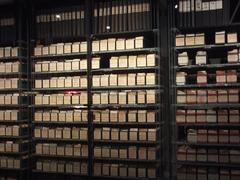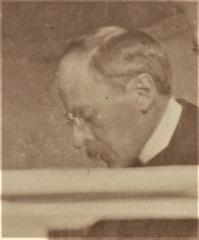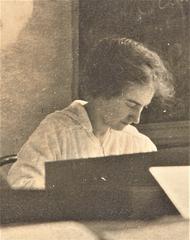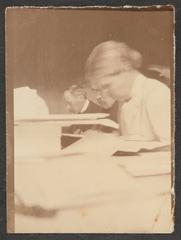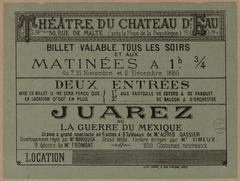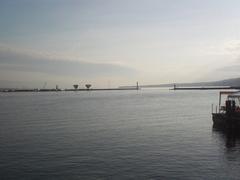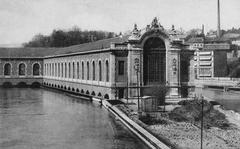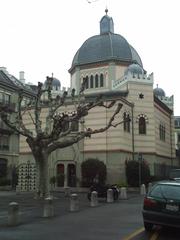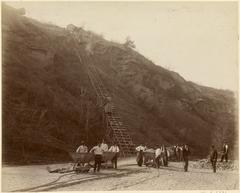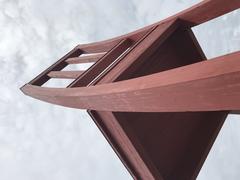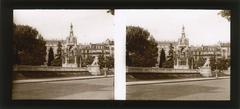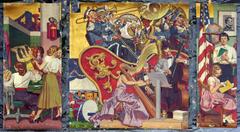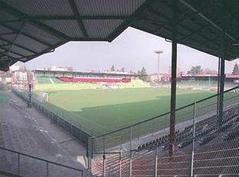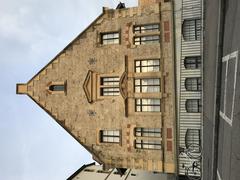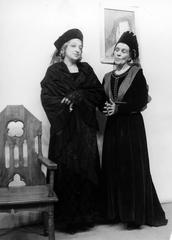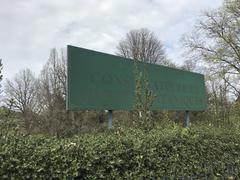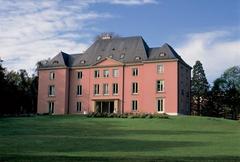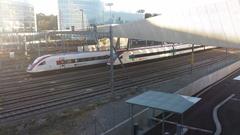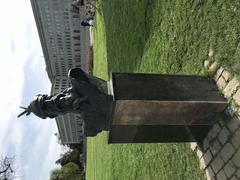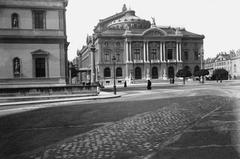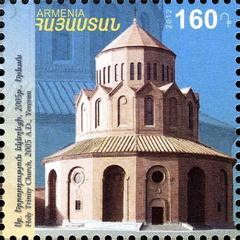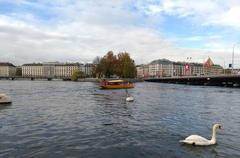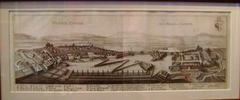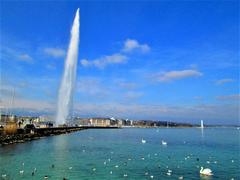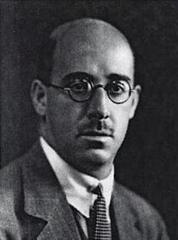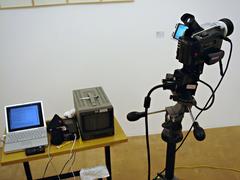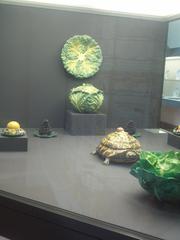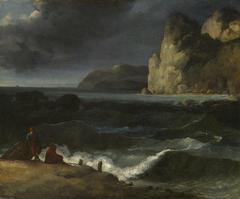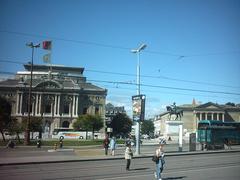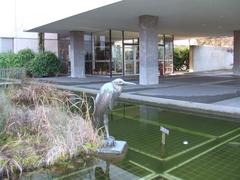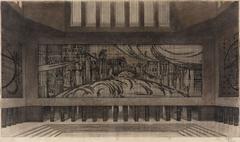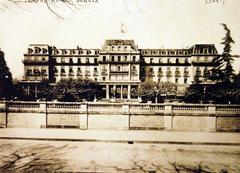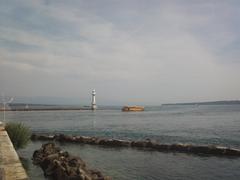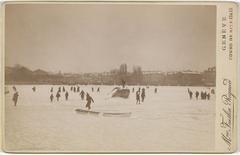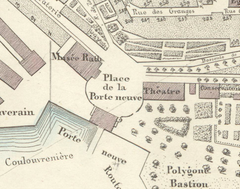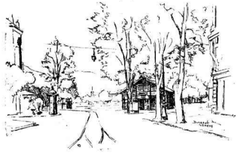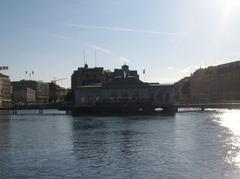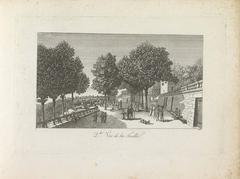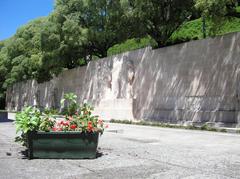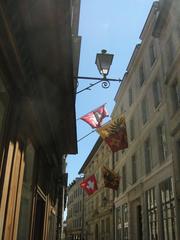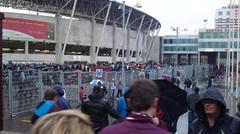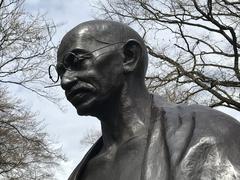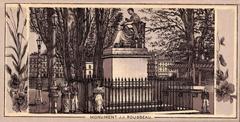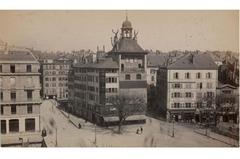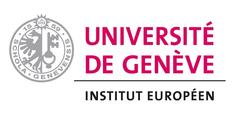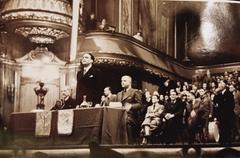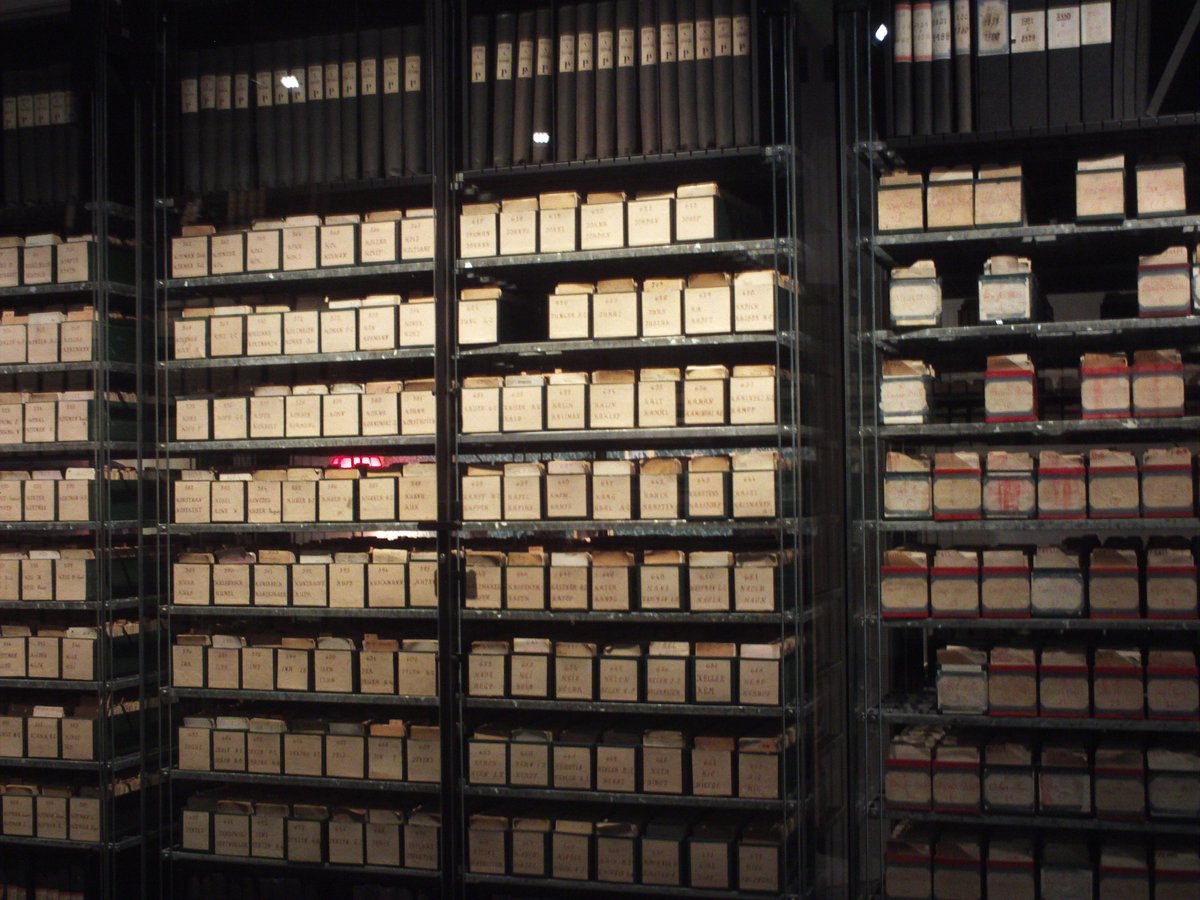
Archives Of The International Committee Of The Red Cross
Archives of the International Committee of the Red Cross Geneva: Visiting Hours, Tickets, and Visitor Information
Date: 15/06/2025
Introduction
The Archives of the International Committee of the Red Cross (ICRC) in Geneva are a monumental repository, chronicling more than 160 years of humanitarian history and the evolution of international humanitarian law (IHL). Established in 1863, these archives contain a vast collection of documents, correspondence, photographs, films, and sound recordings, providing unique insights into the Red Cross Movement’s pivotal role in protecting human dignity during times of war (ICRC Archives History; ICRC, 2023).
The ICRC Archives are not only a resource for academic researchers and historians but also a vital point of reference for families tracing relatives lost in conflicts. The archives’ renowned Central Tracing Agency’s collections have helped reunite families and preserve the memory of countless individuals affected by war (Swissinfo). As a living heritage, these archives continue to grow, documenting ongoing humanitarian actions and supporting the study and advancement of IHL (ICRC Cross-Files).
Table of Contents
- Historical Overview of the ICRC Archives
- Structure and Content of the Archives
- Historical Milestones and Expansion
- Access Policies and Confidentiality
- Research and Public Engagement
- Notable Holdings and UNESCO Recognition
- The Archives as Living Heritage
- Visiting the ICRC Archives: Practical Information
- FAQ: Visiting the ICRC Archives
- Summary and Recommendations
- References
Historical Overview of the ICRC Archives
Origins and Early Development
The ICRC has maintained detailed records since its inception in 1863. Initially, these archives documented the organization’s operations, correspondence, and evolving mandate. By the end of World War I, the archives had become a vital resource, especially for tracing prisoners of war and reuniting families. The period from 1914 to 1923, notably the records of the International Agency for Prisoners of War, has been recognized by UNESCO’s Memory of the World Register (ICRC Archives History; Swissinfo).
Structure and Content
The archives are divided into several fonds, each reflecting a distinct aspect of ICRC work:
- A/Committee: Governance and institutional decision-making (1854–ongoing)
- B/General Services: Administrative and logistical records (1917–ongoing)
- C/Central Tracing Agency and Protection Division: Personal records on PoWs, internees, missing persons, and refugees
Beyond textual documents, the archives include over 100,000 photographs, 3,500 films, and 6,000 hours of sound recordings (Swissinfo). The Central Tracing Agency’s index cards, crucial for tracing the fate of individuals during conflicts, are among the most noteworthy holdings.
Historical Milestones and Expansion
Key periods documented include:
- 1859–1912: Founding of the Red Cross and the first Geneva Convention (ICRC 5 Volumes)
- 1911–1945: World Wars, Spanish Civil War, and the expansion of protections for civilians and PoWs
- 1945–Present: Decolonization, Cold War, and the evolution of IHL (ICRC Annual Reports)
Annual reports, available since 1921 in English, provide a detailed account of ICRC activities (ICRC Annual Reports).
Access Policies and Confidentiality
The ICRC enforces a 50-year closure period for general files and 70 years for those containing personal data, balancing historical transparency with privacy concerns (ICRC Archives History). Despite these restrictions, the archives have been open to researchers since 1996. Each year, up to 250 external researchers visit the Geneva headquarters, and archivists respond to about 3,000 written requests (ICRC Archives History).
Research and Public Engagement
The archives support research into the evolution of humanitarian principles, development of IHL, and the experiences of conflict victims. They also play a vital role in countering historical negationism by preserving authentic records (ICRC Archives History). The ICRC provides online access to selected materials, and research guides support both novice and advanced researchers (ICRC Research Guides).
Notable Holdings and UNESCO Recognition
The archives’ records from the International Agency for Prisoners of War (1914–1923) are listed by UNESCO for their universal value. The Central Tracing Agency’s index cards are invaluable for genealogical research (Swissinfo; ICRC Archives History).
The Archives as Living Heritage
The ICRC Archives continue to expand as new crises arise, documenting current humanitarian action and providing an ever-relevant record for future generations (ICRC Annual Reports). They serve as both an operational tool and a heritage resource (ICRC Archives History).
Visiting the ICRC Archives: Practical Information
Location
International Committee of the Red Cross
19 Avenue de la Paix
1202 Geneva, Switzerland
Located in Geneva’s international district, the archives are near the United Nations Office and the International Red Cross and Red Crescent Museum. Public transport options include tram and bus stops “Appia” and “Nations.” (Geneva Tourism)
Visiting Hours and Appointments
- Archives: Monday to Thursday, 8:30 AM – 4:30 PM
- ICRC Library: Tuesday to Friday, 9:00 AM – 1:00 PM and by appointment until 5:00 PM (Library open by appointment only on Mondays and during select summer weeks)
- Advance Appointment Required: All visits must be booked in advance (ICRC Access)
Tickets and Fees
- Free Entry: There is no admission fee
- Special Services: Charges apply for reproduction services (photocopying, digitization)
- Special Exhibitions: Some events at the nearby museum may require tickets
Accessibility
The archives are wheelchair accessible. Notify staff in advance for specific needs. Working languages are French, English, and Spanish; staff can assist with other language queries.
Guided Tours and Events
The archives themselves do not offer regular public tours, but guided tours are available at the adjacent International Museum of the Red Cross and Red Crescent. Special events, lectures, or mini-exhibitions may be scheduled occasionally (ICRC events page).
Digital Access and Virtual Resources
- Audiovisual Archives: ICRC AV Archives
- Online Research Guides: ICRC research guides
- Digital Catalogues: ICRC Historical Archives Online Catalogue
FAQ: Visiting the ICRC Archives
Q: How do I arrange a visit?
A: Book via the ICRC Archives service webpage or by emailing [email protected].
Q: Are there entrance fees?
A: Entry is free, with fees applicable only for certain reproduction services.
Q: What identification is required?
A: Bring valid photo ID (passport or equivalent).
Q: Is the facility accessible for people with disabilities?
A: Yes, step-free access and accessible restrooms are provided.
Q: Can I take photographs?
A: Photography is generally restricted; ask staff for permission.
Q: Are guided tours available?
A: Not in the archives, but available at the nearby museum.
Q: What languages are supported?
A: French, English, and Spanish are the principal languages.
Summary and Recommendations
The ICRC Archives in Geneva offer a profound window into humanitarian history, international law, and the lived experiences of those affected by conflict (ICRC Archives History). Visitors can access a wealth of institutional records, personal data, and multimedia materials, all while benefiting from robust digital resources and a supportive staff.
Travel Tips:
- Book your appointment early.
- Prepare research questions in advance using online guides.
- Bring valid identification and respect privacy regulations.
- Combine your visit with nearby sites like the International Museum of the Red Cross and Red Crescent.
- Make use of public transport for convenient access.
Whether you are a scholar, family member, or history enthusiast, the archives provide an invaluable resource for research and reflection. Stay updated on events and exhibitions by following the ICRC and local cultural institutions. For further exploration of Geneva’s humanitarian heritage, consult digital collections and related research guides.
References
- Historical Overview of the ICRC Archives, 2019, International Review of the Red Cross (ICRC Archives History)
- Visiting the ICRC Archives in Geneva: History, Significance, and Practical Information for Visitors, 2023, ICRC (ICRC, 2023)
- Swissinfo, 2018, Red Cross Archive Waiting to be Brought Back to Life (Swissinfo)
- Geneva Conventions: 160 years of history, Geneva International (Geneva Conventions: 160 years of history)
- ICRC Cross-Files Blog: Preserving Humanity in Warfare (ICRC Cross-Files)
